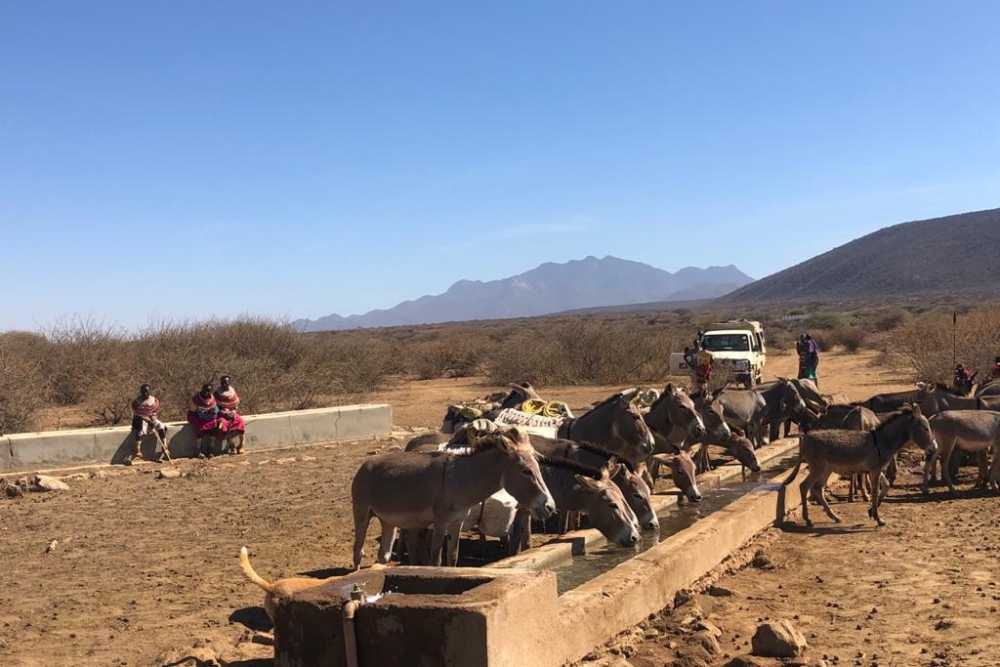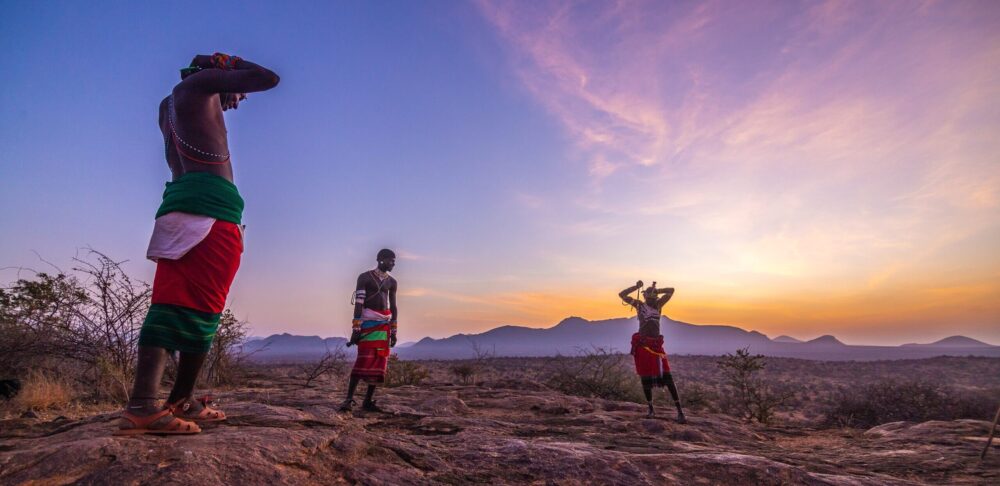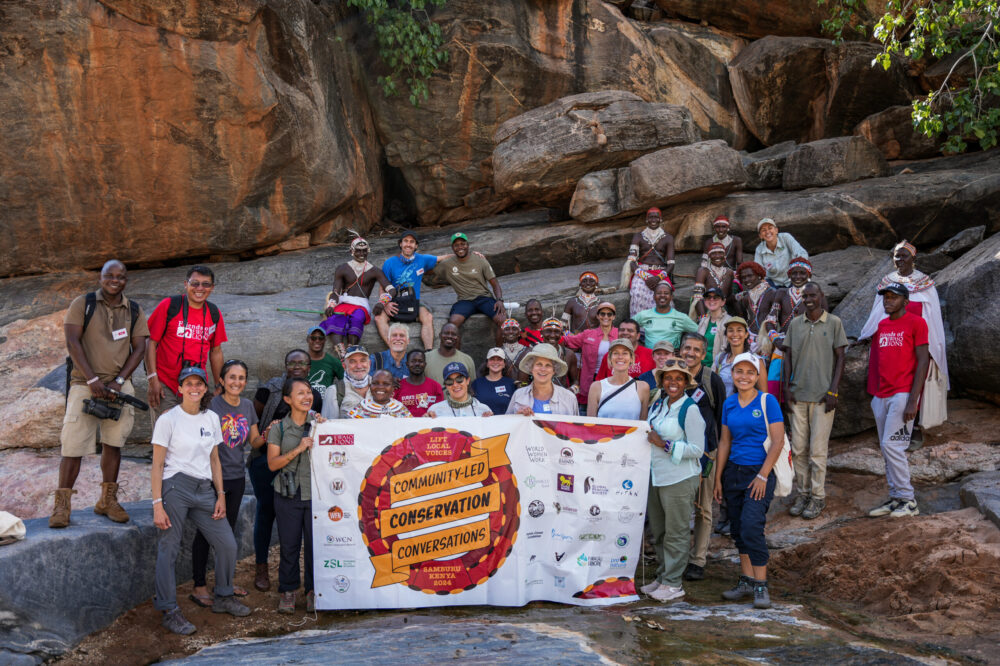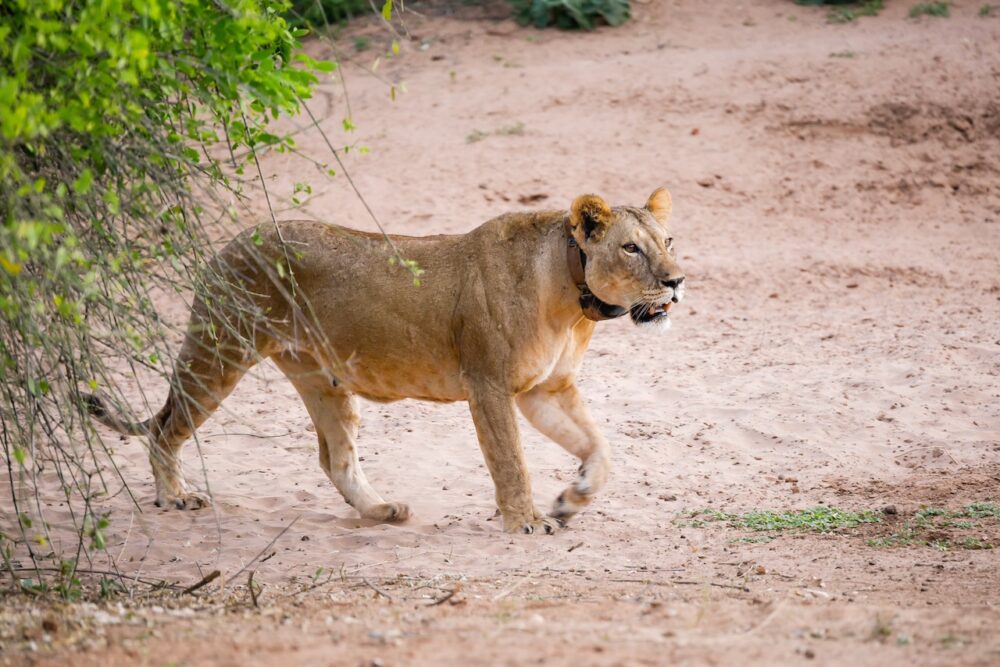Communities and wildlife in northern Kenya, have been severely impacted by increased incidences of dry spells and droughts that has plagued the region since April. Both the 2020 short rains (October to December) and the 2021 long rains (March to May) were poor across the region which has resulted in a third failed rainy season and fears of prolonged effects might continue on into early 2022. Majority of the people who live in the landscape are nomadic pastoralist families and the increasing heat and recurrent drought cycles has contributed to lack of pasture, loss of livestock and other threats to their health and wellbeing.
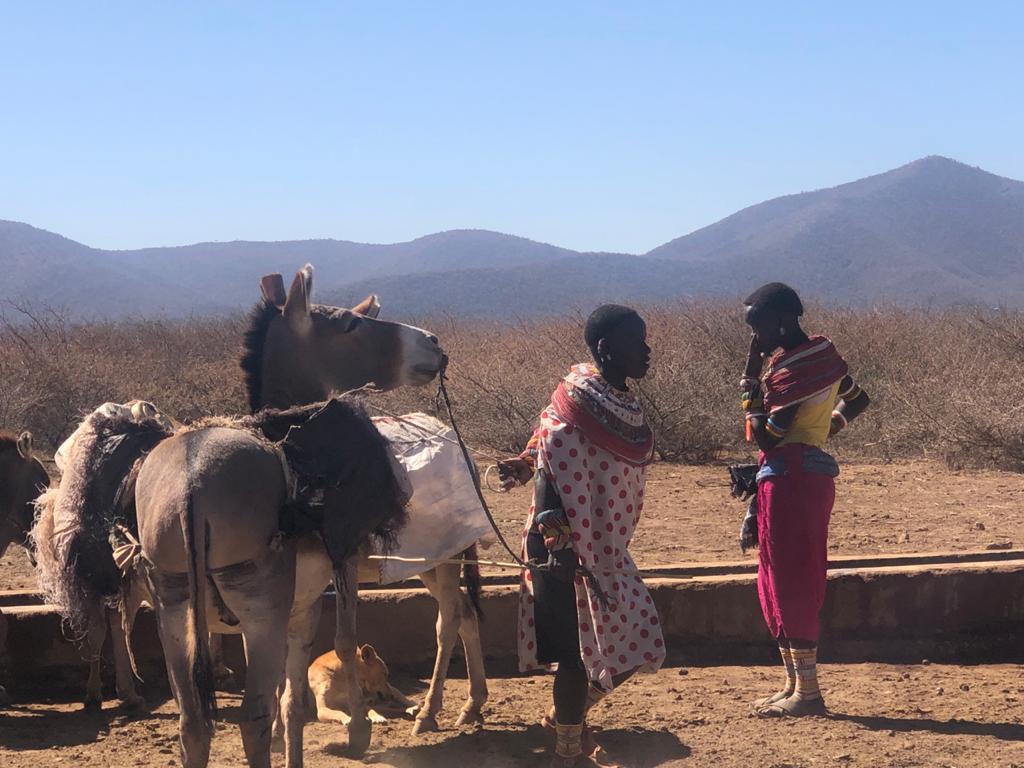
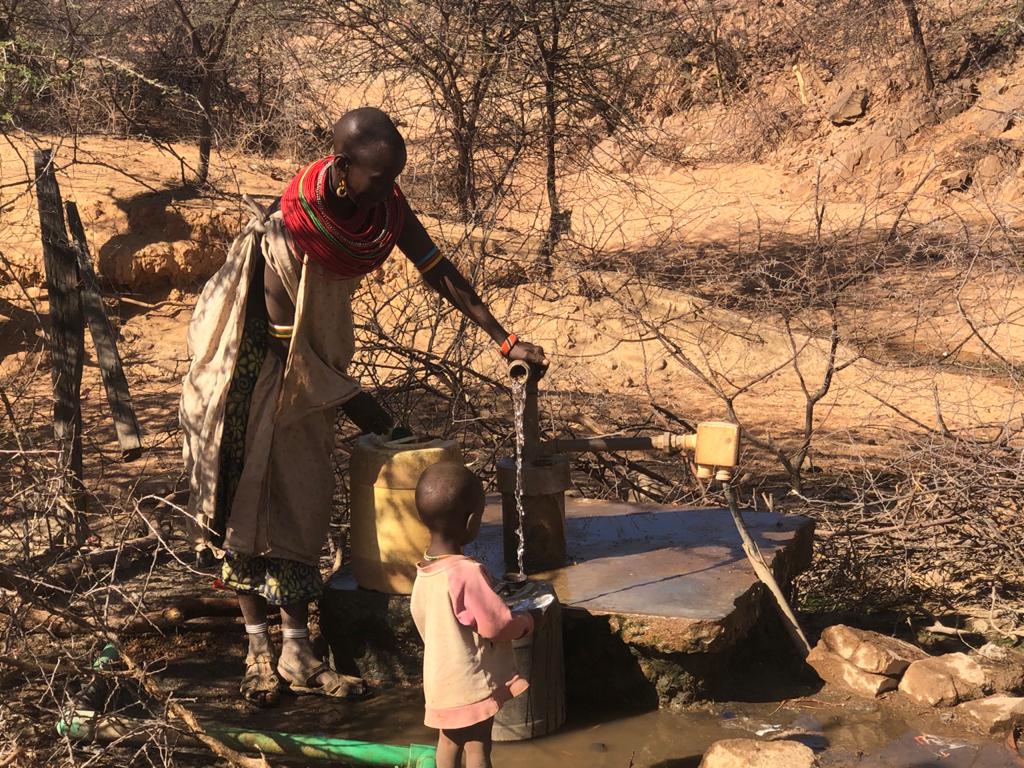
In a crisis that is fast becoming one of hunger, thirst, and aggravated pasture and browsing conditions for both livestock and wildlife, the President of Kenya declared the drought crisis as a national disaster on 8 September 2021. Conflict over limited access to resources has increased as pastoralists have been moving in search of water and pasture across the region.
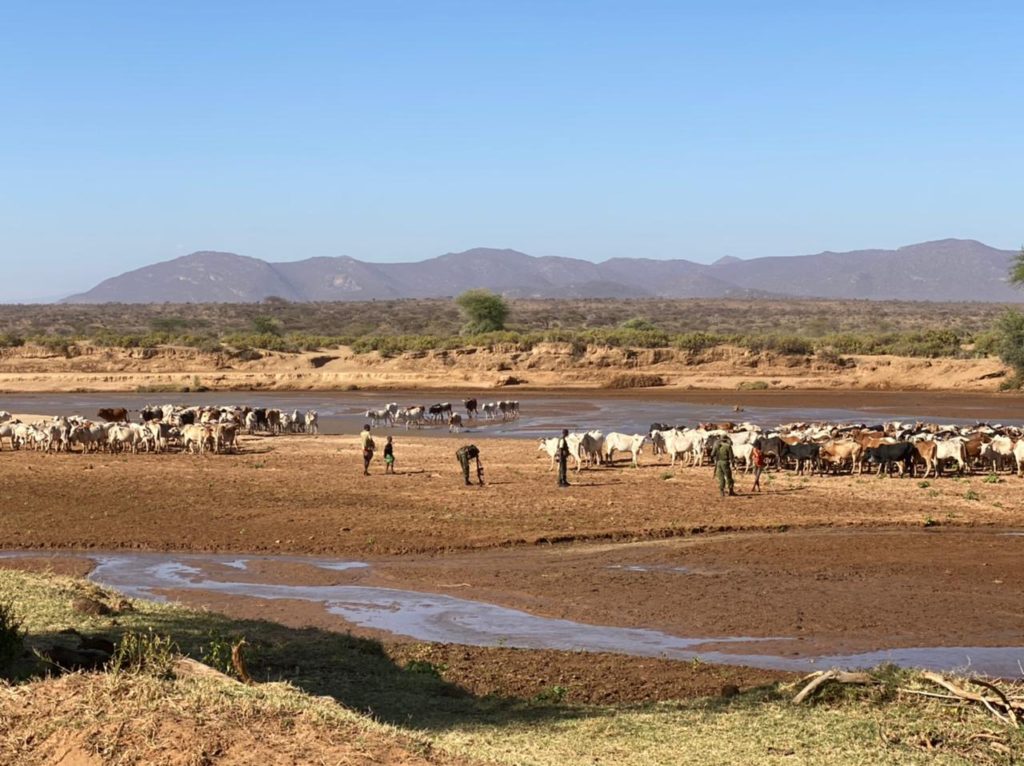
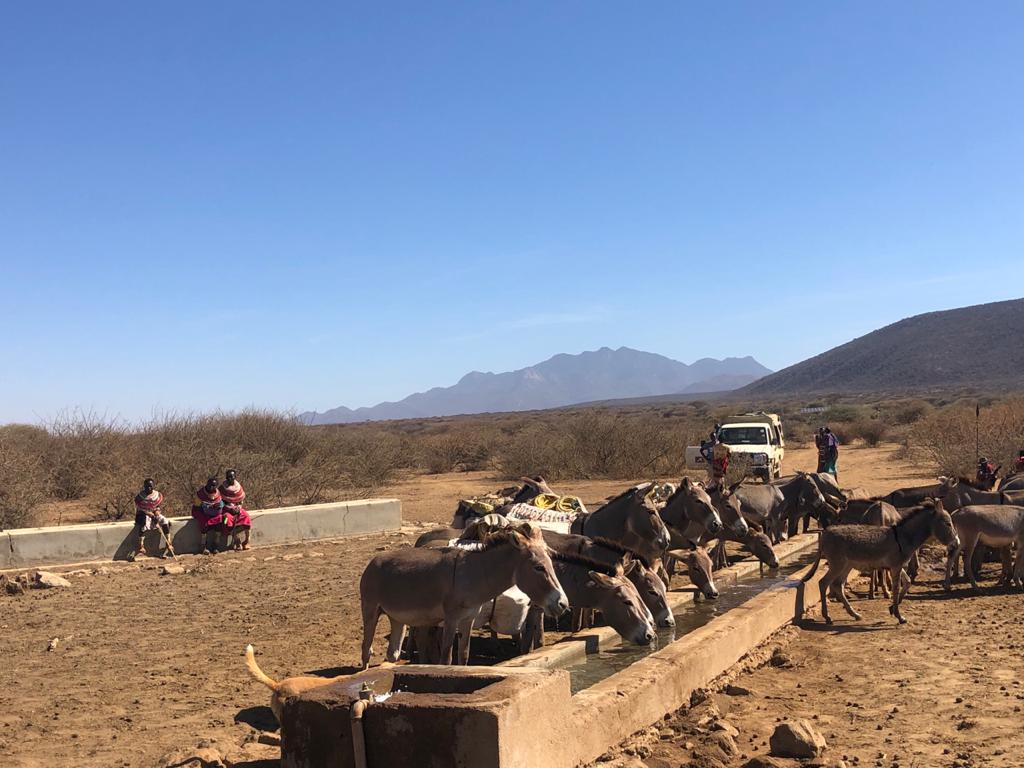
Through concerted efforts with our partners, the Grevy’s Zebra Trust, Westgate Community Conservancy, Buffalo Springs and Samburu National Reserves, Save the Elephants, and community members we are keen to ensure that our landscape continues to be a refuge for wildlife, people, and livestock. In close partnership with the Grevy’s Zebra Trust, we launched a drought relief programme to maintain the health of Grevy’s zebra and other wild prey populations, reduce lion conflict levels, and support communities through this time of crisis.
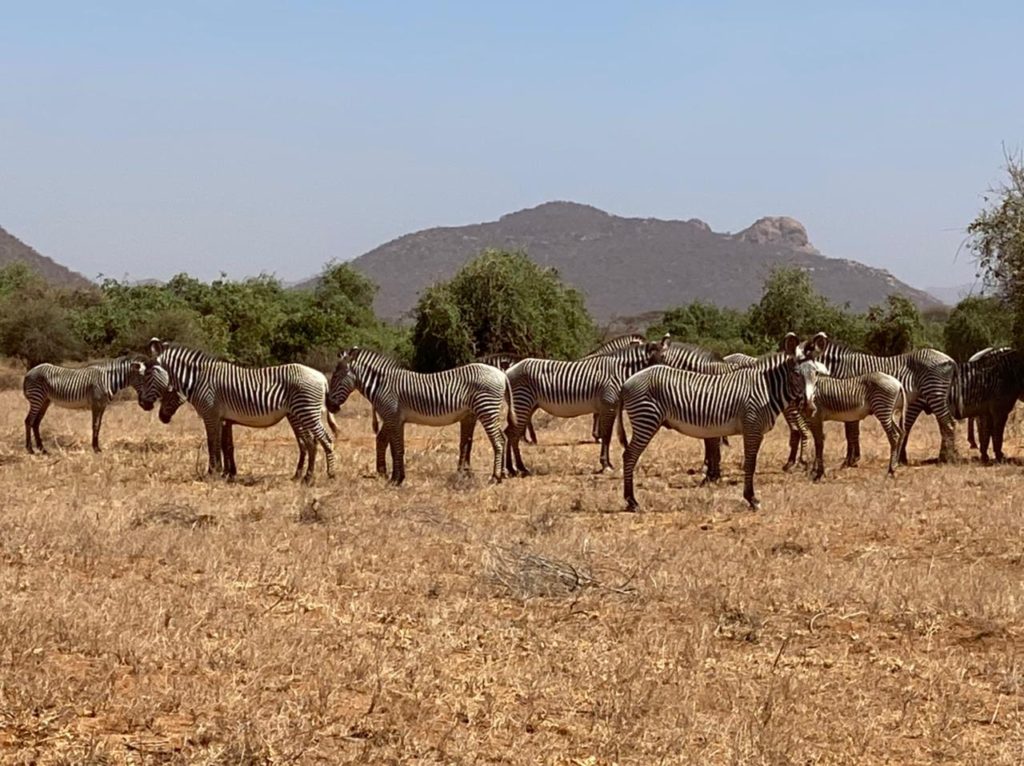
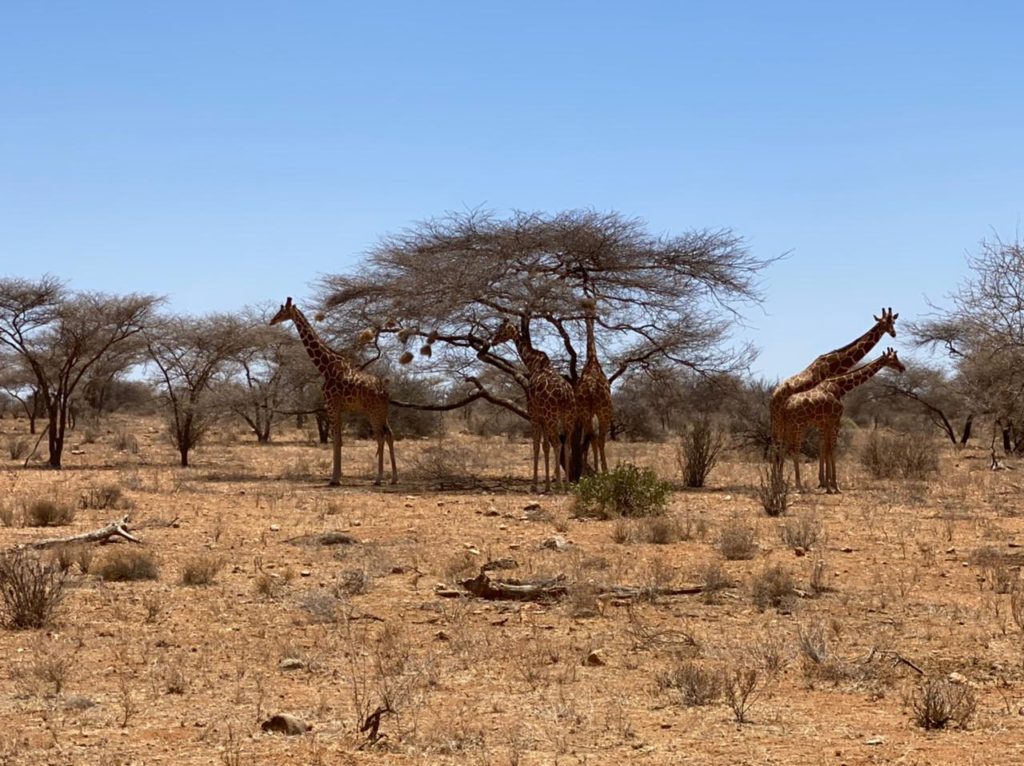
Our team has been supporting the staff working in reserves through fuel provision and rangers rations, the community through water provision, livestock, and wildlife by digging waterholes during this tough season. We have continued to survey water levels and lion movements to know where we needed to put in the most effort. While we continue to express relief that the river has been flowing again since mid-July, the situation remains dire all around, and our efforts and partnerships remain critical.
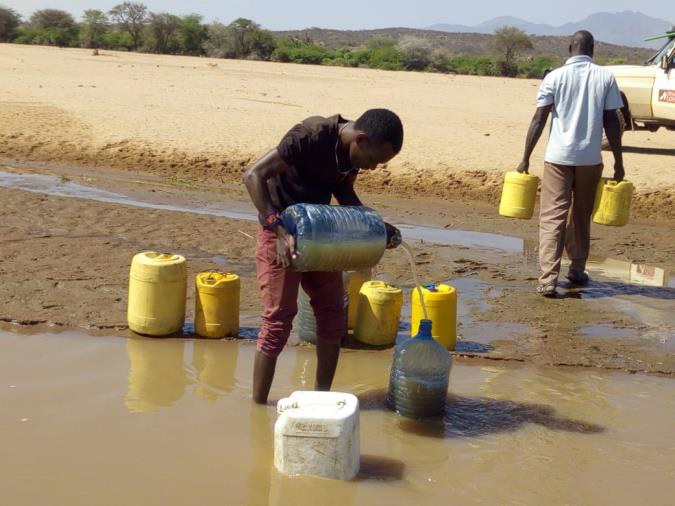
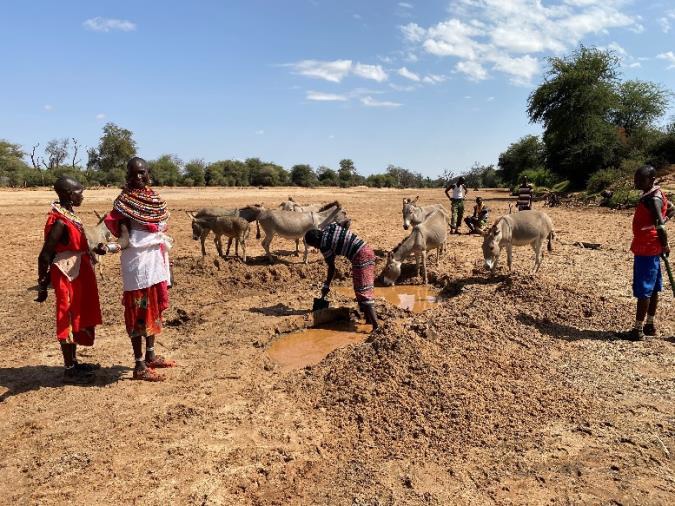
As the world reflects on the resolutions made at the COP 26 meeting in Glasgow, we are living with the effects of a climate crisis that pastoralist communities of northern Kenya did not cause. However, we are still working to be part of the solution. Through restoration efforts of our landscapes, we know we can contribute to the grassland carbon sinks that keep the world in balance. We urge the countries who have pushed the earth to the edge to make good on their targets. Meanwhile, we believe these small concerted steps made by our team and partners will contribute towards the overall global agenda and mitigate risks faced by an increasingly variable and changing climate that is adding to the challenges of food insecurity and exacerbating tensions over limited land and water resources by both people and wildlife.


